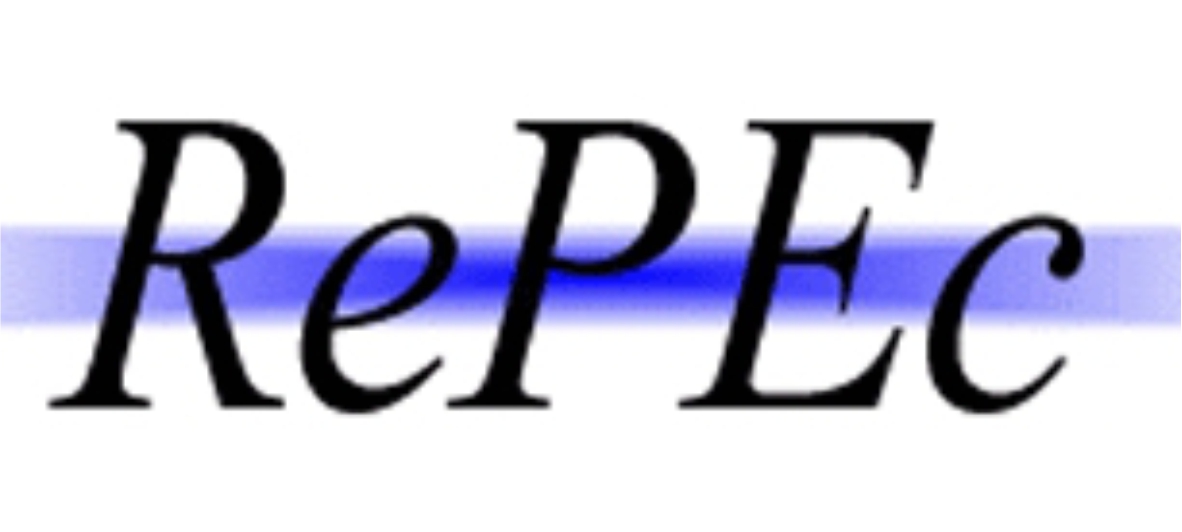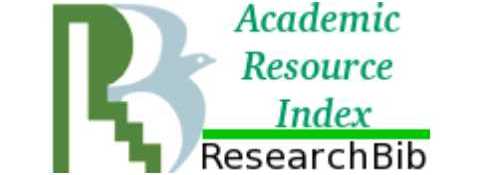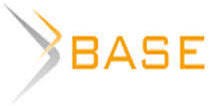INTANGIBLE ASSETS OF RESTAURANT BUSINESSES: THEORETICAL AND METHODOLOGICAL ASPECTS
The article is a study of intangible assets (IA) in the context of the restaurant business, offering an original classification and methodological approach to their analysis. The article will highlight the terminological construction of the concept of 'intangible assets'. The authors introduce a complex model of IA component interaction into scientific circulation, demonstrating how their synergy generates valuable new elements such as integrated customer relations and organisational and technological culture. The study's scientific novelty is evident in the following aspects: the development of a specialised classification of intangible assets for the restaurant business, combining human (e.g. personnel expertise and creativity), structural (e.g. brand books and management systems) and relational (e.g. customer loyalty and franchise networks) capital into a single system; the introduction of the concept of 'generation of secondary intangible assets' – fundamentally new assets that arise at the intersection of the main components (e.g. patents resulting from the interaction of human and structural capital); a comparative analysis of accounting (IAS 38) and economic (Skandia Navigator) approaches, adapting their provisions to the specifics of the HoReCa industry. The authors conduct a retrospective analysis of the evolution of the concept of intangible assets, paying special attention to the practical mechanisms involved in monetising them in a highly competitive industry. The article contains significant applied potential: the proposed assessment system (through indicators of customer satisfaction, accounts receivable turnover, etc.) allows restaurants to quantitatively measure the effectiveness of intangible asset management, justify investments in personnel and branding, and increase the market value of the business.
The study opens up new prospects for studying the industry specifics of intangible asset management, offering a methodological basis for subsequent work on assessing intellectual capital in the premium and chain catering segments in the era of the experience economy.
Melnikova N.A., Pristavka M.I. “Intangible assets of restaurant businesses: theoretical and methodological aspects”, Research Result. Economic Research, 11(3), 56-67, DOI: 10.18413/2409-1634-2025-11-3-0-5

















While nobody left any comments to this publication.
You can be first.